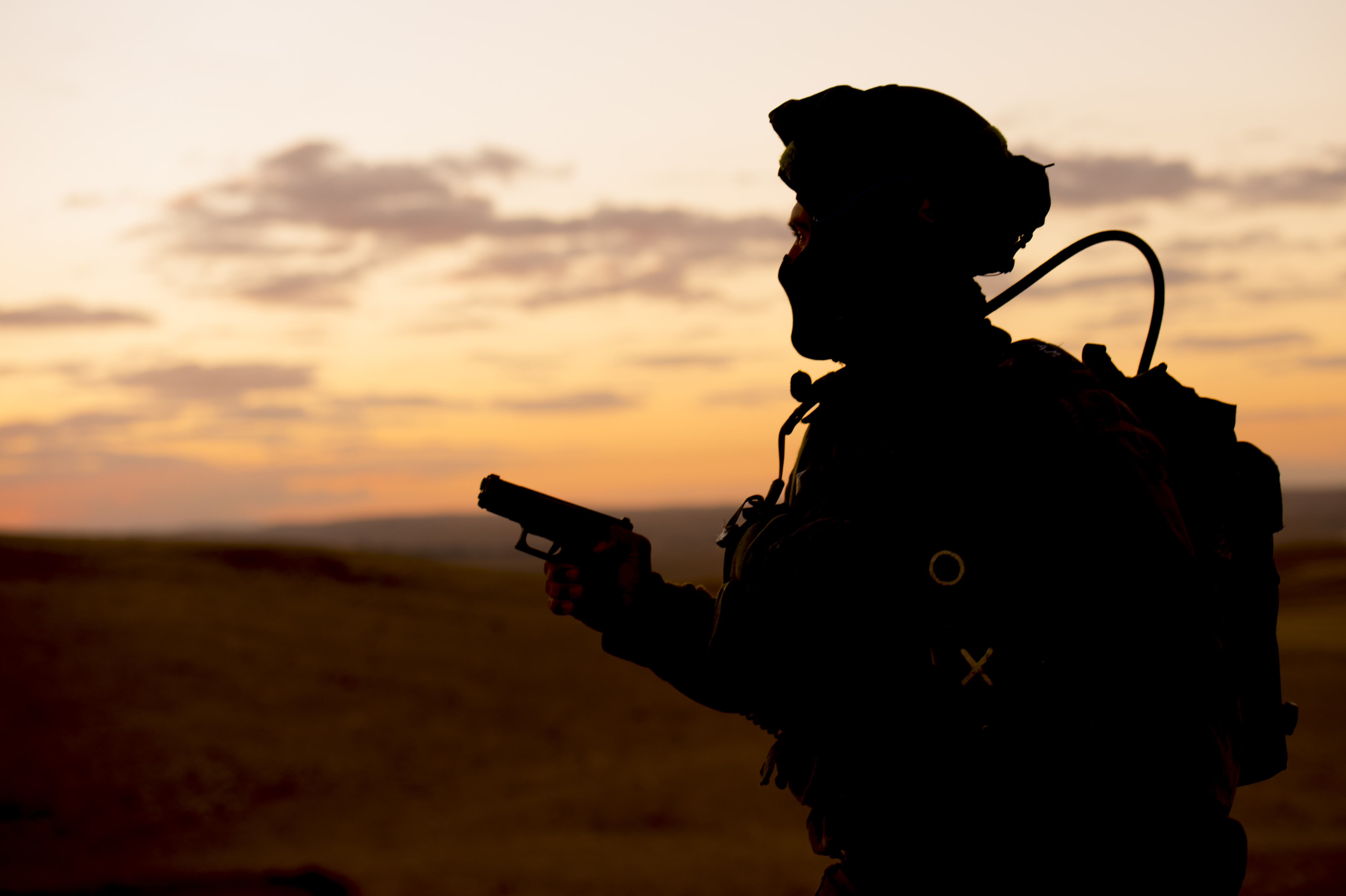Postgraduate student Poppy Pow writes about her MA in International Security
“So, is what they show on Homeland accurate, then?”, was the most recent question asked of me when I told someone what course I was studying. Well, seeing as I don’t actually work for the CIA (yet), I have no idea; although I feel those of us reading the International Security MA probably do a lot more theoretical discussion in classrooms – and far fewer terrorist interrogations in secret prisons – than those guys.
I will admit that I did partly pick the course because it sounded really cool. I did my undergraduate degree at UEA, but in Film and American Studies, so almost completely unrelated to what I’m doing currently. I was worried that everyone else would have studied something related to International Relations before and that I would be really behind, but there’s actually a really mixed group of people who go on to study International Security from a wide range of disciplines, which brings varied viewpoints to seminar discussions. There are also many students from other parts of the world, including East Asia, the Middle East, and Africa, who offer different insights into world politics, which has encouraged me to critically consider how my own worldview has been formed and how that affects my opinions.

The first of these modules was a fantastic opener into all of the theories within the field and allowed me to really find my feet within the world of IR. There was great passionate debate about the validity of the different theories within the seminars, encouraging us to think analytically about their merits. The class presentation was also an excellent way of practicing giving an oral argument, a key skill for anyone wishing to go on to further study, as well as for future employment. The essay involved applying a theory to a contemporary case study, encouraging a clarity of thinking. I chose to use constructivism to assess the UK government’s responses in Iraq and Syria.
War Games was a much more practical module, examining the changing roles of strategy, diplomacy, soft/hard power and international organisations within the international system during and since The Cold War. One of the summative assessments was a report accompanied by a formative presentation on our chosen subject, allowing us to learn a key skill required by most employers, again really useful for post-university life. The simulation exercises on this module are always great fun and allowed us to make links between the theory we were learning about in IR Theory and their real-life applications (and we only destroyed the world once…!).
My favourite module so far is the one we are currently studying, International Security. It is broad enough to discuss many empirical cases, whilst offering real depth in exploring what security is and how something comes to be a security issue. The theoretical material can be challenging to wrap your head around, but it is genuinely fascinating and incredibly relevant to the world we live in, so I feel it is important to understand. There is only one piece of summative coursework, a 5000-word essay, which gives us the opportunity to do extensive research into the various questions around security, whilst focusing on a few case studies; this is incredibly useful for life after the MA, as working on long-term projects is another key skill needed for many areas of employment or for further academic study. I am planning on using a post-structural framework to question whether security is really something to be desired, applying it to the counter-terrorism strategies of a selection of Western democracies.
Overall, I am thoroughly enjoying this course. It is challenging but incredibly rewarding, and I genuinely look forward to the classes each week. It has forced me to question my own assumptions about security and the international system in general, and opened my eyes to whole different ways of thinking. I cannot think of a more compelling course to take if you love IR, Politics, International Development, Security Studies, or Terrorism Studies, as it combines all of these, offering a breadth of knowledge from which you can pick your favourites and dive in.
Poppy Pow began reading for a part-time MA in International Security at the University of East Anglia in September 2016.






Poppy, what are your most challenges when you started doing this course as non-experienced person in IRs field and how did you overcome them? Thank you.